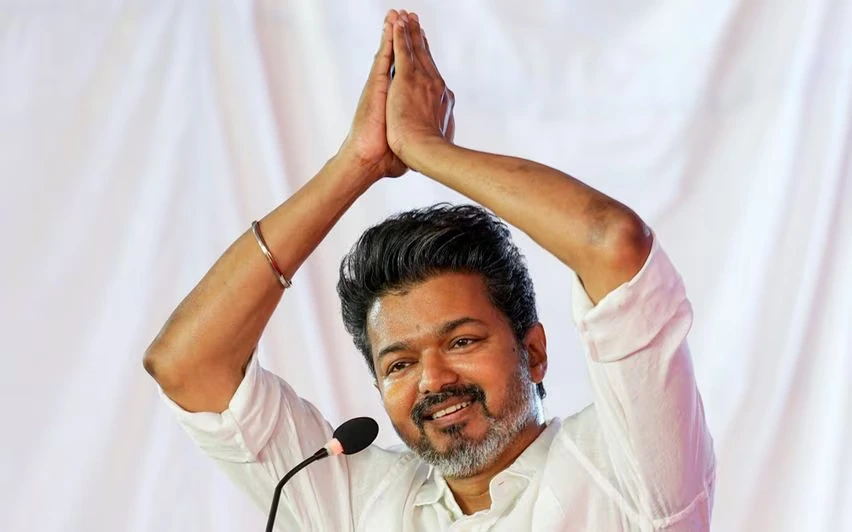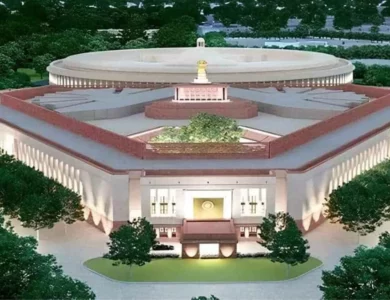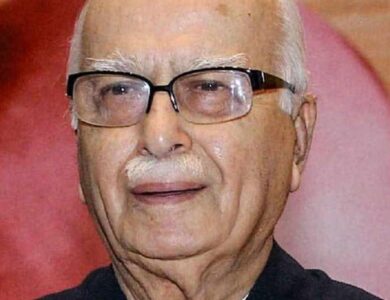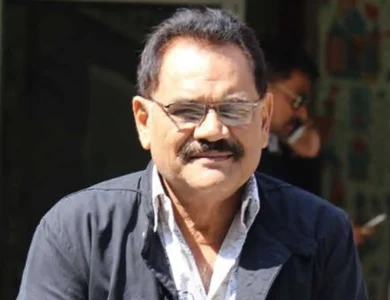AIADMK Labels Actor Vijay’s TVK Ideology as “Cocktail” of Existing Party Policies

Chennai: Tamil Nadu’s ruling DMK has dismissed the ideology of actor-politician Vijay’s newly launched Tamizhaga Vetri Kazhagam (TVK), alleging that his platform merely mirrors their own policies. Senior DMK leader TKS Elangovan, in remarks reported by the Press Trust of India, claimed that Vijay’s party has adopted the DMK’s policies, stating, “These are all our policies, he is copying… whatever he says is what we had already said and which we are following.”
In his first public address, Vijay took direct aim at the DMK’s leadership, openly criticizing the political strategies of the ruling party and accusing them of “cheating people… in the name of the Dravidian model.” The actor-politician specifically targeted the family of Chief Minister MK Stalin, accusing them of “looting the state” through “underhand dealings.”
DMK representatives, however, were unfazed, emphasizing the party’s long legacy and resilience against emerging political competitors. “This is the first conference, and let us see; we have seen many parties,” said Mr. Elangovan, stressing the DMK’s longstanding focus on issues affecting the people of Tamil Nadu.
While Vijay’s platform includes icons like Dravidian reformer Periyar, social justice advocate Kamaraj, and figures like Ambedkar, Velu Nachiar, and Anjalai Ammal, he clarified his stance on religion, distancing TVK from Periyar’s atheist beliefs and affirming respect for all faiths.
Highlighting the DMK’s strong ideological base built over its 75-year history, Mr. Elangovan emphasized that the DMK’s commitment to the people is unmatched, often seeing party leaders face jail time for their activism. “That is the difference between DMK and other parties…we are strong, we work for the people, we are for the people,” he asserted, contrasting this with TVK’s ambitions to reach power by 2026.
Meanwhile, AIADMK spokesperson Kovai Sathyan offered cautious congratulations to Vijay, acknowledging his entry into politics but advising that he has a long way to prove his effectiveness. He dismissed TVK’s ideology as a “cocktail” of pre-existing ideas from various political entities, characterizing it as “old wine in a new bottle” and lacking originality, with elements drawn from across the state’s political spectrum.







